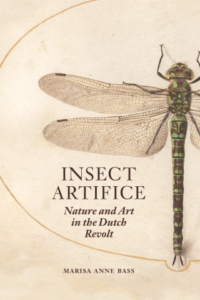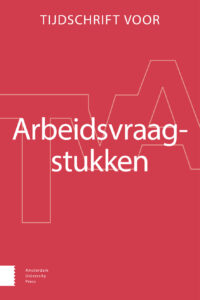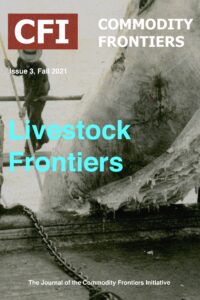About the book
How the nature illustrations of a Renaissance polymath reflect his turbulent age
This pathbreaking and stunningly illustrated book recovers the intersections between natural history, politics, art, and philosophy in the late sixteenth-century Low Countries. Insect Artifice explores the moment when the seismic forces of the Dutch Revolt wreaked havoc on the region’s creative and intellectual community, compelling its members to seek solace in intimate exchanges of art and knowledge. At its center is a neglected treasure of the late Renaissance: the Four Elements manuscripts of Joris Hoefnagel (1542–1600), a learned Netherlandish merchant, miniaturist, and itinerant draftsman who turned to the study of nature in this era of political and spiritual upheaval. Presented here for the first time are more than eighty pages in color facsimile of Hoefnagel’s encyclopedic masterwork, which showcase both the splendor and eccentricity of its meticulously painted animals, insects, and botanical specimens.
Marisa Anne Bass unfolds the circumstances that drove the creation of the Four Elements by delving into Hoefnagel’s writings and larger oeuvre, the works of his friends, and the rich world of classical learning and empirical inquiry in which he participated. Bass reveals how Hoefnagel and his colleagues engaged with natural philosophy as a means to reflect on their experiences of war and exile, and found refuge from the threats of iconoclasm and inquisition in the manuscript medium itself. This is a book about how destruction and violence can lead to cultural renewal, and about the transformation of Netherlandish identity on the eve of the Dutch Golden Age.
Get the book from Athenaeum Booksellers, Amsterdam’s largest independent bookstore.
Reviews
About the author
She is a scholar of early modern art in northern Europe, with a focus on the creative and intellectual culture in the Netherlands. Her research interests include the representation of nature, the cult of images, portraiture, Renaissance notions of imagination and invention, print culture, genre painting, emblematics, antiquarianism, and the public monument.She is currently working on a co-authored volume titled Conchophilia: Shells, Art, and Curiosity in Early Modern Europe, and a new book project provisionally entitled Dutchness and Dissent in the Modern Republic, which examines the obsession with commemoration and nation-building across media (from painting and funerary sculpture to prints, medals, poetry, and pilot guides) in the seventeenth-century Low Countries.
She was a Member in the School of Historical Studies at the Institute for Advanced Study in Princeton (2015-2016) and a fellow at the Netherlands Institute for Advanced Study in Amsterdam (2017). She has held previous fellowships and residencies at the Max Planck Institute for the History of Science, the Huntington Library, the Scaliger Institute, the Warburg Institute, the Metropolitan Museum of Art, and the Center for Advanced Study in the Visual Arts. She has received publication grants from the College Art Association and the Renaissance Society of America.
Bass teaches widely in the fields of early modern art, material culture, and intellectual history. Recent courses have addressed topics ranging from book history to anatomical illustrations, art and nature, Rembrandt and seventeenth-century Dutch culture, the legacies of Hieronymus Bosch and Pieter Bruegel the Elder, and Renaissance historiography.


